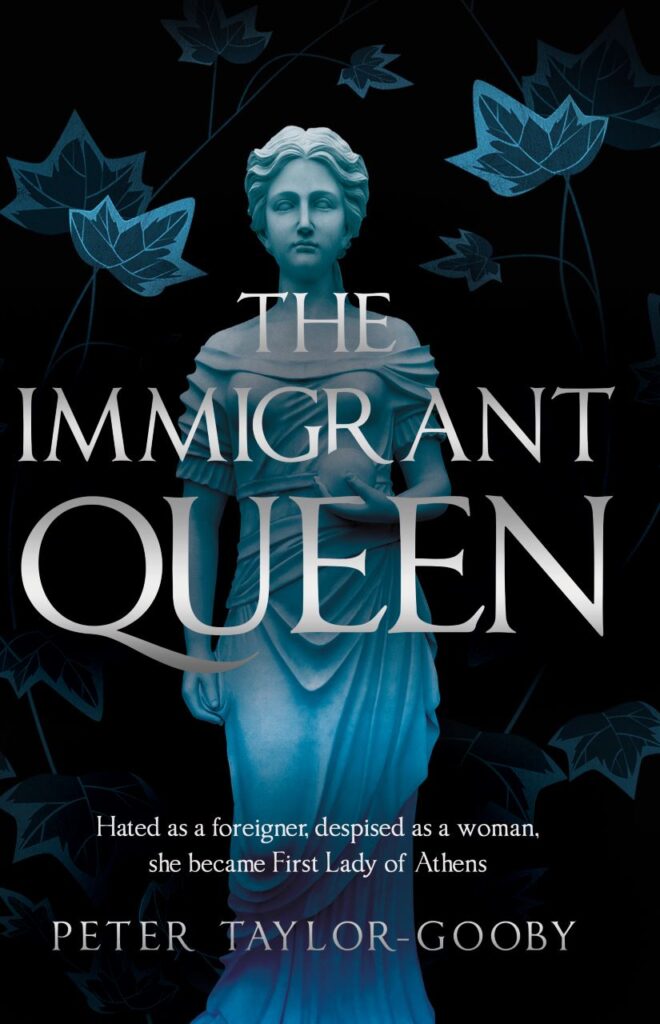The Meaning of Names
Germans began flocking to Nebraska in the mid-1800s, pushed out of Germany by revolution and drawn by cheap farmland. Their tightly knit communities are still speaking German when World War I erupts. Modern readers will recognize old sentiments – instead of eating “Freedom Fries,” Nebraskans dined on “Liberty Cabbage,” not sauerkraut. Rumors spread that the “Kaiser-lovers” swear loyalty to their fatherland, and suspicion escalates to attacks on people with German accents.
Friendships, loyalty to family and country, and even people’s faith are put to the test. Gerda Vogel, a farmer’s wife, is already struggling to hold her family together and feed her children when she learns that her husband, Fritz, has been drafted, as has every neighbor with a German surname. It seems there is broad agreement to let the Krauts to face the perils of war. Then the 1918 influenza epidemic further tests the Vogels and their neighbors, striking people down with frightening speed, taking the young and strong as well as the weak. Can the avalanche of need following in the flu’s wake overcome prejudice?
The Meaning of Names, Karen Shoemaker’s debut novel, explores exactly that – what message does a simple name convey? How is that meaning twisted during times of trial? Shoemaker presents readers with a simple, realistic cast of characters, a heart-rending story of endurance, and reminds us that both prejudice and forgiveness take many forms.










